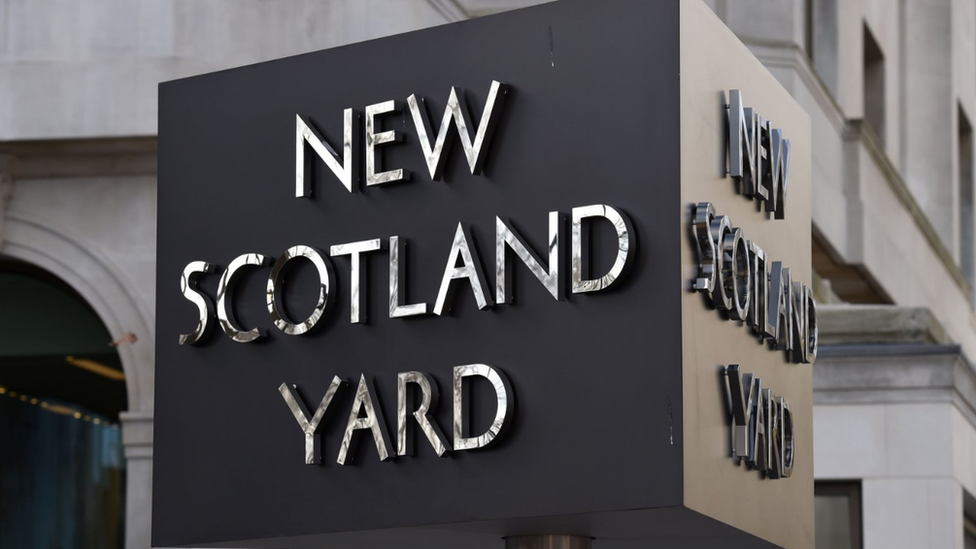Met Police launches abuse and corruption hotline
- Published
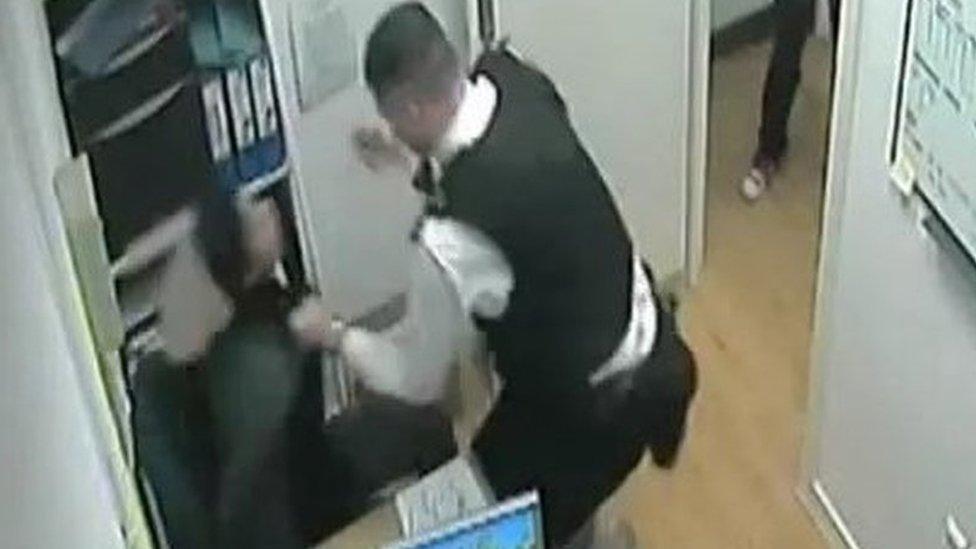
Met Police officer PC James Kiddie was caught on CCTV assaulting an alleged shoplifter
An anonymous hotline will be set up for people to report Met Police officers and staff for corruption, abuse and other breaches of trust or power.
Recent scandals to hit the force include strip-searching children, the murder of Sarah Everard, and the sharing of pictures of Bibaa Henry and Nicole Smallman after they were killed.
Officers have been convicted of a string of offences including sex crimes, theft and assault.
The line will be run by Crimestoppers.
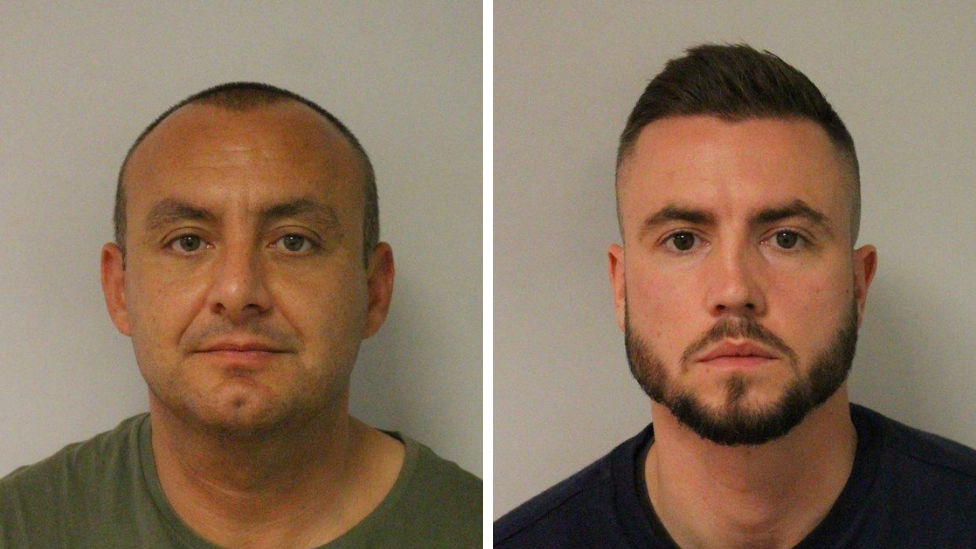
Deniz Jaffer (left) and Jamie Lewis shared photographs of murdered sisters Bibaa Henry and Nicole Smallman
In addition to criminal activity, there was also outrage over racist and misogynist messages shared by police based at Charing Cross.
A watchdog found the force's anti-corruption systems to be not fit for purpose, and a review of disciplinary procedures said officers and staff were getting away with misconduct and breaking the law.
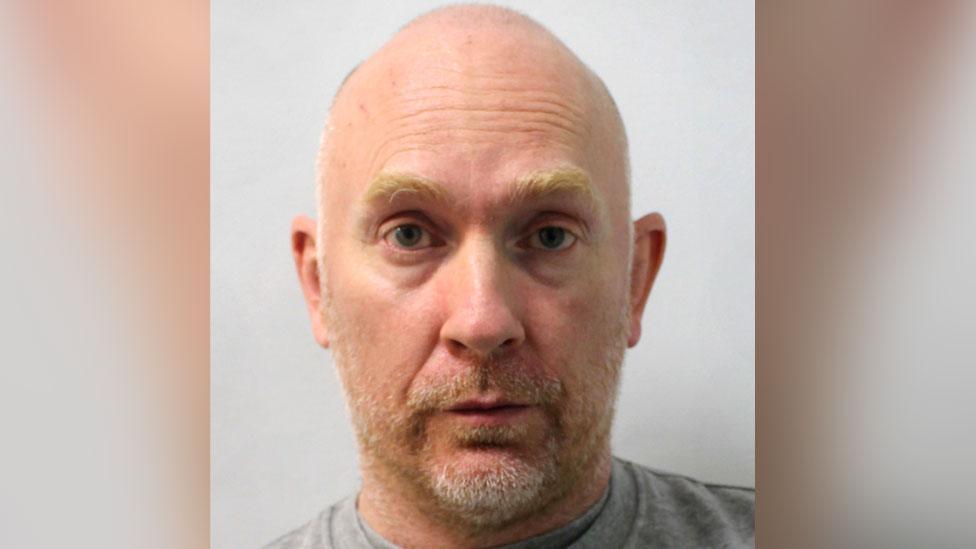
Wayne Couzens is serving a whole-life prison sentence for abduction, rape and murder
Commander James Harman, head of the anti-corruption and abuse command, said having the hotline could "further erode trust in the Met as more allegations come to light", but confronting the issues was the right course of action.
"We have to improve and rebuild the public's trust rather than hide from it," he added.
Police behaviours to report:
Trading police information or influence for money or other favours
Leveraging police powers for sex or other personal benefits
Physically or emotionally abusing or controlling people
Racist, homophobic or misogynistic actions or behaviour
Information received will be passed to a team who will assess it and, where necessary, given to detectives to begin an investigation.
Allegations to the freephone number - 0800 085 0000 - can be made anonymously, 24 hours a day, seven days a week.

Analysis: BBC London's home affairs correspondent Sonja Jessup
This move demonstrates the seriousness of the situation facing the new Met Commissioner Sir Mark Rowley as he attempts to restore public trust.
He had already announced the creation of an anti-corruption and abuse unit to investigate allegations made via the hotline.
He has previously spoken of his frustration about how difficult it can be to get rid of officers, calling for more governmental powers over disciplinary processes.
The public will need to feel confident that not only are their concerns taken seriously but that corrupt officers will be removed from the force.

Follow BBC London on Facebook, external, Twitter , externaland Instagram, external. Send your story ideas to hellobbclondon@bbc.co.uk
- Published24 November 2022
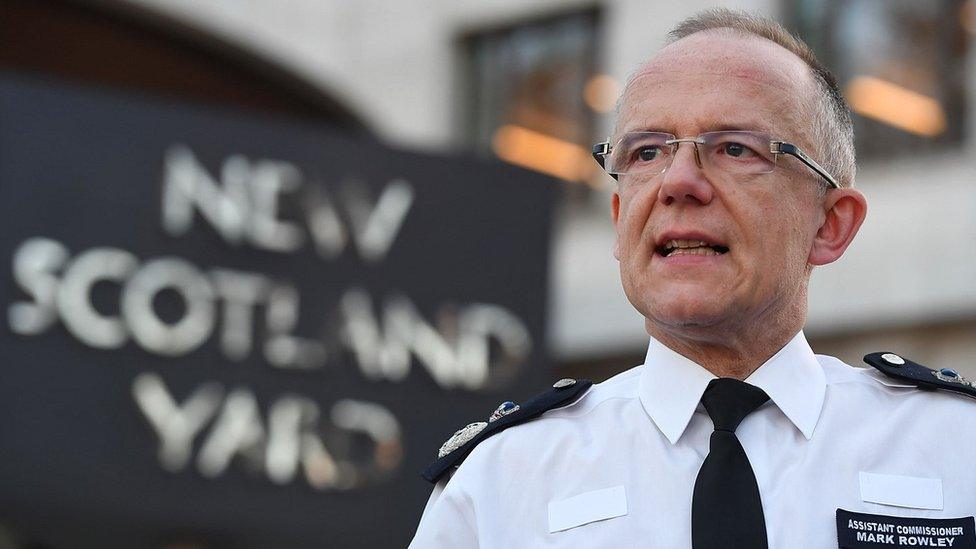
- Published17 October 2022
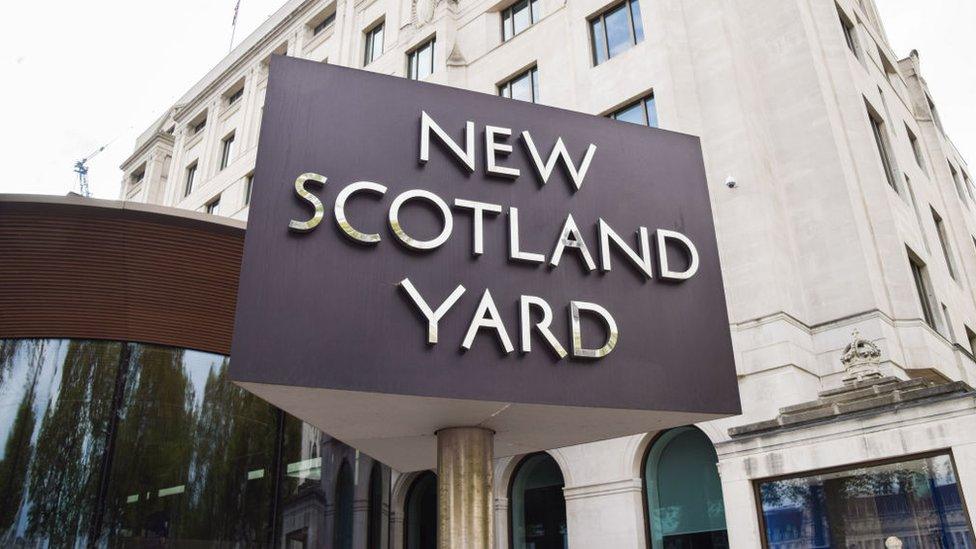
- Published17 October 2022
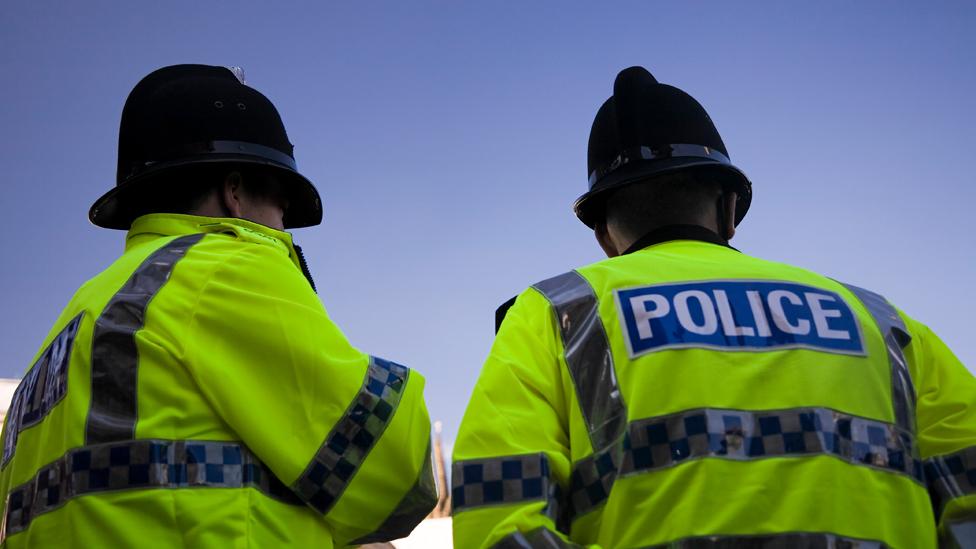
- Published7 October 2022
